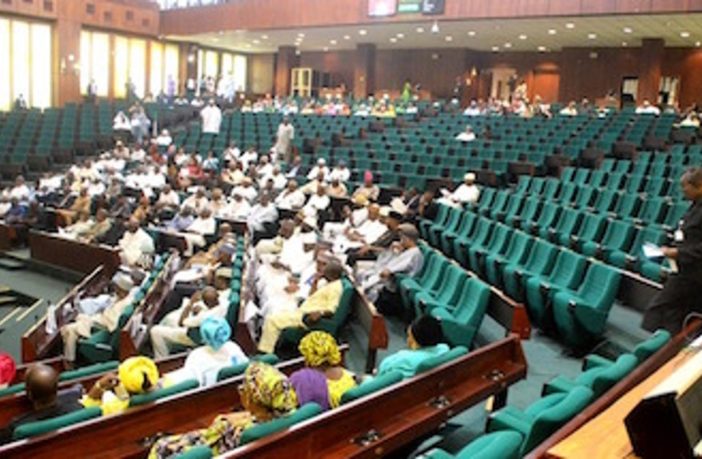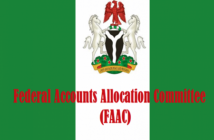Deputy Speaker of the House of Representatives, Hon. Rt. Benjamin Kalu, has said traditional institutions in Nigeria must be strengthened and protected from the influence of elected officials.
He. stated this during a visit to the palace of the Emir of Kano, Alhaji Aminu Bayero.
A statement by Livinus Nwabughiogu, spokesperson to the Deputy Speaker on Sunday, said he planned to engage with the traditional rulers in the ongoing constitutional amendment process and to incorporate the traditional institutions into the document.
Kalu, who is chairman of the House Committee on Constitution Review, said traditional rulers must have security of office, not guaranteed by the local government chairmen, governors or the president but by the constitution.
“This institution is not as strong as it is supposed to be. The traditional institution must be strengthened, protected and secured. Those who are heading it must feel secure. They must not be at the mercy of the local government chairpersons, not the security that comes from the state government or the president of the federal government but the constitution, he stated.
In his response, the Emir of Kano, Alhaji Aminu Bayero expressed gratitude to the deputy speaker for the visit, describing him as a worthy son of Nigeria.
He also appreciated the deputy speaker for carrying the traditional rulers along in the constitution review process, assuring him that the institution, made up of individuals with invaluable experience, will make their contributions.
Recall that in the 2019 Constitution review process, traditional rulers submitted a memorandum to the National Assembly through the Coordinating Committee of the Council of Traditional Rulers in which they proposed that “the constitution should recognise the chairmen of the states’ Councils of Chiefs as members of the Council of State.”
LEADERSHIP reports that their recommendations were not considered in the final draft as they continue to operate without constitutional recognition but subject to local government authorities and state administrations.




